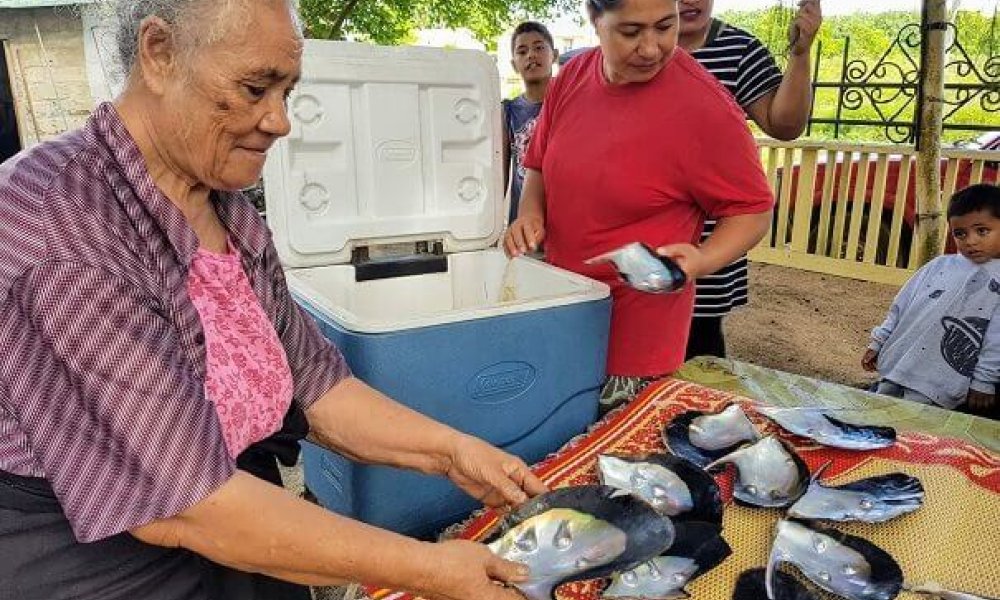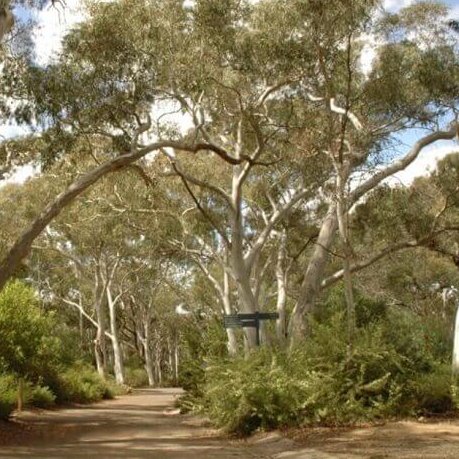The challenge
Funding pearl research in the Pacific has been a priority of the Australian Centre for International Agricultural Research (ACIAR) over the last decade. Two current ACIAR projects (FIS/2014/060 and FIS/2016/126) are further developing the pearl culture industry in Fiji and Tonga.
In 2018, Sustineo was engaged to monitor and evaluate the socio-economic impacts of pearl-based livelihood development activities associated with these two ACIAR-funded projects. Expected project benefits had been emerging from these two projects, but assessments of livelihood, social, and gender benefits had not yet been examined in detail. Sustineo’s research objectives were to:
- Monitor and assess socio-economic and livelihood benefits for men, women, and youth.
- Examine the involvement of youth in pearl-related livelihood activities in Tonga and Fiji.
- Build capacity for participatory monitoring and evaluation among partners.
The key thematic areas are social and economic impact evaluation, aquaculture, women’s economic empowerment, and rural livelihoods, with a focus on youth and women’s development.
Our approach
Sustineo’s approach was designed to provide insights into the immediate and intermediate impacts stemming from ACIAR’s current projects, and in doing so, complement and extend ACIAR’s research in pearl-based livelihoods. Sustineo used a mixed-methods approach to capture a range of data across a diverse range of individual farmers and community groups involved with the project. This approach began with a comprehensive literature review, supplemented by scoping interviews with key project informants to provide contextual information. The methodology was based around two frameworks: monitoring and evaluation (M&E) and social impact assessment. Data collection instruments included in-depth qualitative interviews with communities and individuals, participatory exercises with communities, and individual surveys capturing both quantitative and qualitative data.
The project covered five sites in Fiji (Ba, Raviravi, Ravita, Taveuni, and Qaemea) and two sites in Tonga (Ha’apai and Vava’u). As of August 2019, three in-country trips had been completed, with a fourth planned. The iterative nature of these visits enabled in-depth monitoring of project outputs, as well as opportunities for Sustineo to build networks with key project stakeholders.
Central to Sustineo’s approach was an emphasis on participatory dialogue and inclusiveness. Sustineo collaborated with the University of the Sunshine Coast (Queensland), the University of the South Pacific (Fiji), and the Ministries of Fisheries in Fiji and Tonga. This engagement with local agencies and researchers ensured that Sustineo’s approach was culturally sensitive and rigorous while meeting the client’s requirements. Throughout the project, Sustineo maintained regular communication and progress reporting with key stakeholders, which facilitated adaptive project management and real-time feedback to ACIAR research teams.
Outcome
Sustineo delivered a detailed evaluation planning document, an annual progress report, two presentations, and a comprehensive Final Report. We also contributed to academic publications to increase the dissemination of project findings


